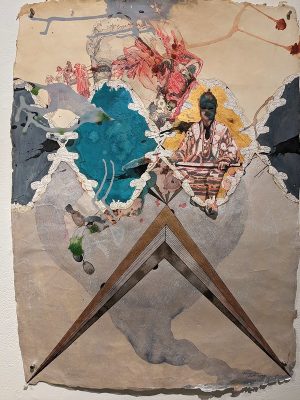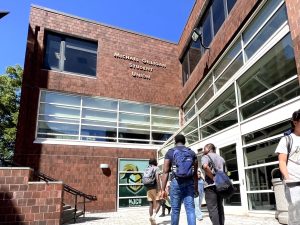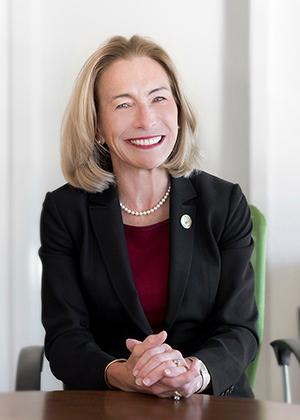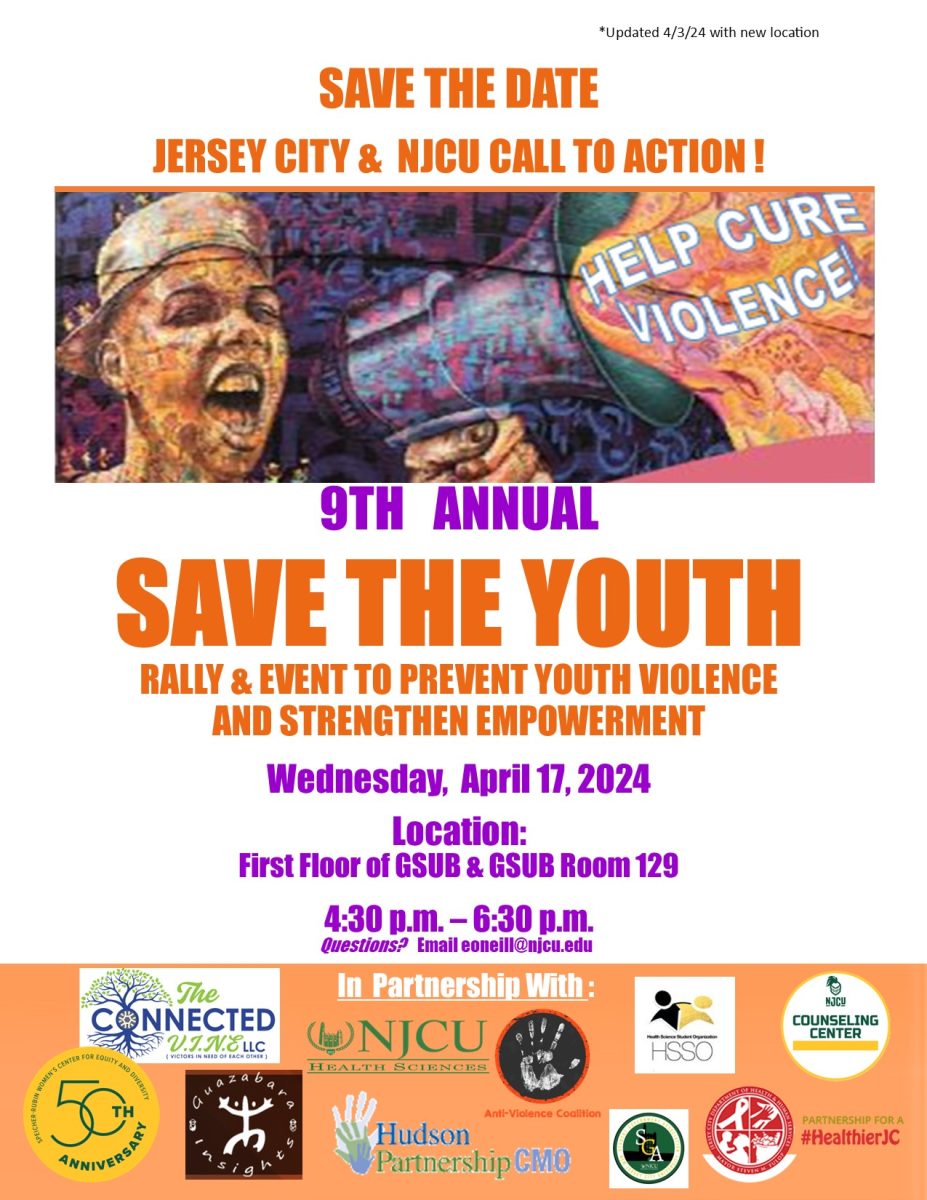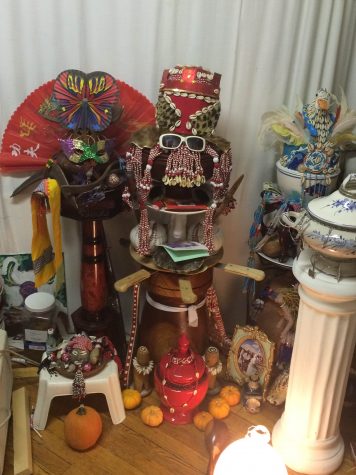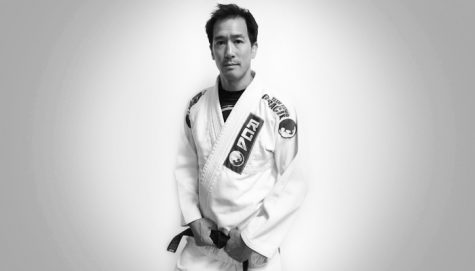I Don’t Speak Your Language and You Don’t Speak Mine
June 7, 2016
Every child wants to be loved, cared for and accepted. Children seek approval and acceptance from not only their parents or families, but from their peers as well. The feeling of rejection will make a child feel alone in this world and “different.” Moving from one city or state to another can also be difficult for a child, especially when he or she has to make new friends. This can cause nervousness and anxiety. If the child’s request for friendship is not met, he or she can develop low self-esteem and begin to blame him or herself for the lack of acceptance by others.
In the urban communities in Jersey City, New Jersey, the neighborhoods are of mixed races. There are Blacks, Whites, Hispanics, Jamaicans and many other races, which means that there is also a mixture in the languages that are spoken. Being of a different race and culture, while moving from a different country to America can create some challenges for children. For instance, sometimes they struggle with “fitting in” with everyone else at school or with the other kids on their neighborhood. One of the challenges that arises is having to speak like everyone else. When he or she fails to speak “perfect” English, or sound similar to the majority, that child may be ostracized and bullied for being “different.”
Being of Jamaican descent, Nicoy Clarke, 34, experienced obstacles when he moved from Jamaica to America at the age of 11. While in America, he has lived in the Bronx and Jersey City.
“Jamaica was rough growing up. I’ve had some of my best and worst moments there. In the Bronx, being in a new environment was very interesting, but I went through this transformation of adapting to the Bronx culture. So I was the kid that was different. So I fought a lot in the Bronx because I felt like I had to defend myself since I was different,” says Clarke.
So many children today are concerned with “fitting in” and making friends. They do not want to be isolated from everyone else, due to their physical appearance, how they speak or how they dress. Sometimes they are treated differently by others simply because of where their family come from.
“Being from a different country. Speaking with an accent. Some people [in America] heard about Jamaicans, but didn’t know about them. Sometimes people were offensive. Later on I found out they weren’t trying to be offensive, but it came off that way. Coming from Jamaica, all I knew was to fight, so when people came at me, I immediately fought back,” says, Clarke.
Clarke moved to Jersey City when he was a teenager. He has attended St. Peter’s University and graduated from New Jersey University with a degree in Mathematics. Luckily, his experience in Jersey City was a more positive one.
While residing in Jersey City, Clarke “grew to know more of himself,” while “growing into a man.” He had become more mature and independent.
Being honest, Clarke says, “I was still making reckless decisions, but I’ve learned quickly there [were] certain things I [couldn’t] do anymore because I was no longer a child.”
Living in Jersey City has offered Clarke a brand new experience, one in which he had grown to love. Instead of having to fight everyone like he did in Jamaica and the Bronx for being considered “different” by others or having to worry about “fitting in” with the crowd, for the first time in his life, Clarke felt accepted. He met friends who had liked him just the way he was.
Clarke says, “The city of Jersey City embraced me like I was one of its own.”




